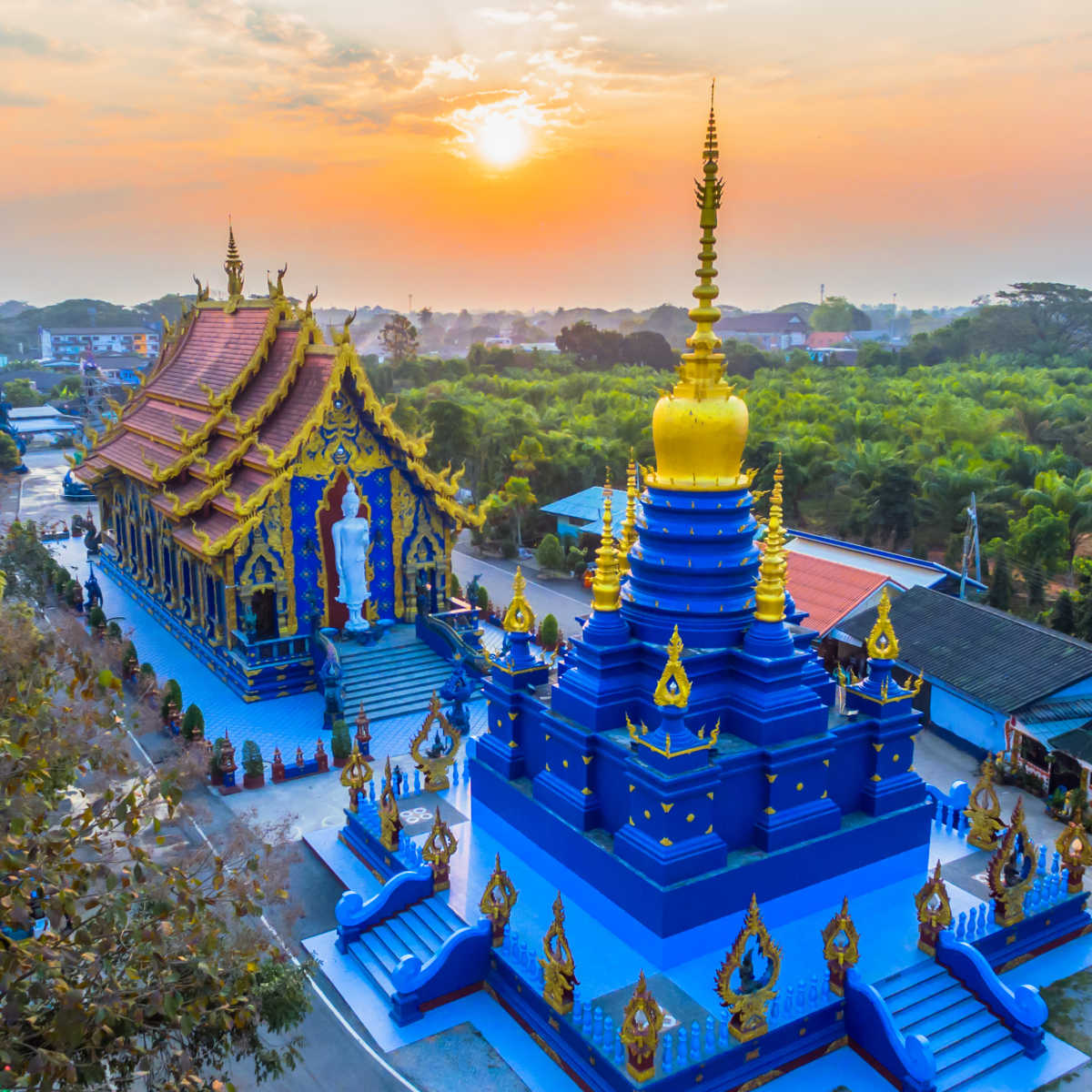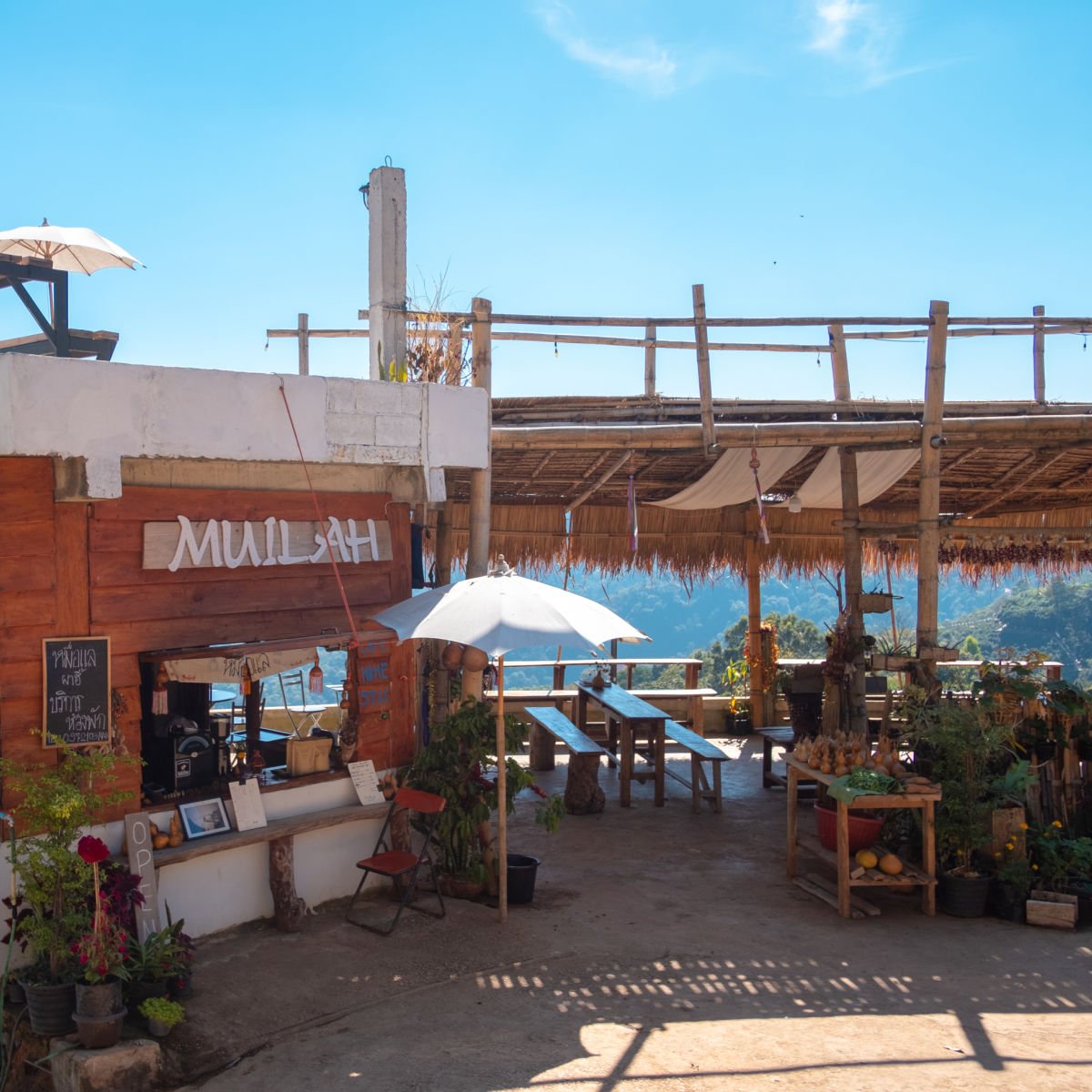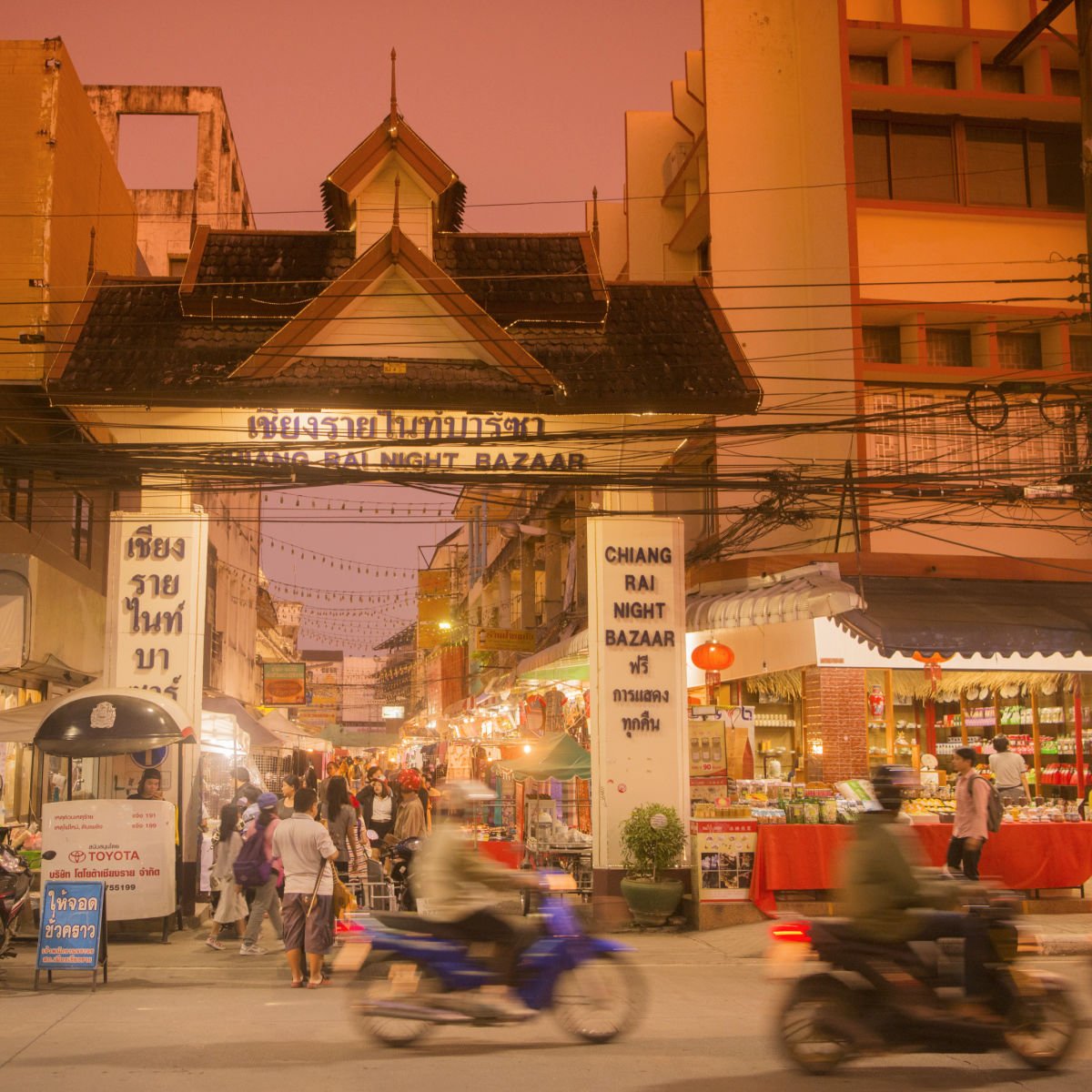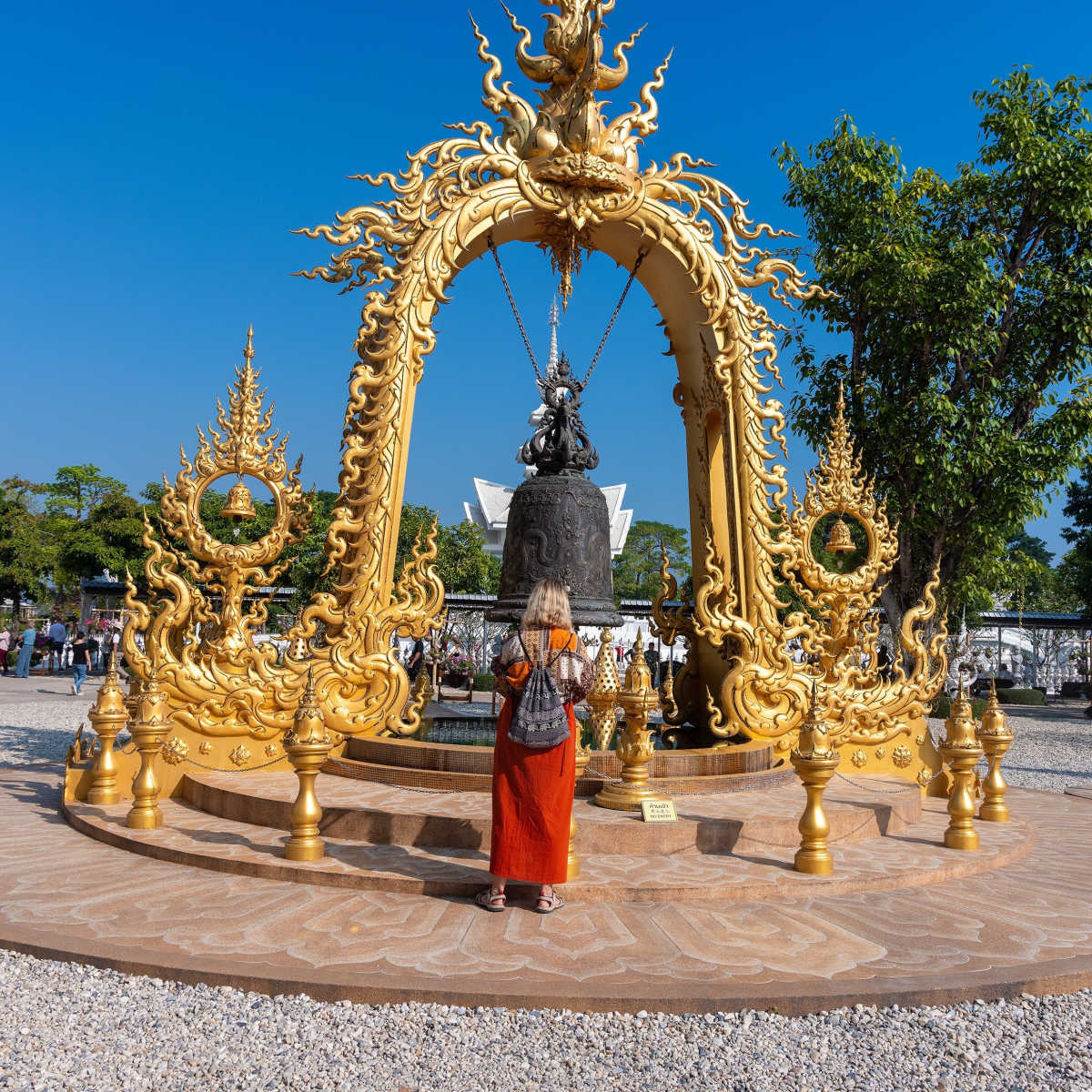No matter how seasoned you are, living out of your bag with a laptop or dabbling into digital nomadism for the first time, there’s certainly one country that ticks off all the boxes — Thailand.
Southeast Asia in general has become a hotspot for budget travelers and digital nomads, two penny-pinching travel trends that often intertwine.

Whether it be scoping out cheap digs to call home or swapping fine dining for your favorite street vendors, Thailand is one of the most affordable, cultural, and downright delicious destinations to make your base.
But it’s not just the urban sprawl of Bangkok and an array of paradise islands to plant roots for a while.
Local experts are hyping up perhaps Thailand’s most underrated city as the next go-to spot for digital nomads due to shockingly low affordability, far fewer crowds, and more authenticity, and captivating culture to embrace without feeling the stress of budgeting and the unsightly clog of tourists.
Welcome To Chiang Rai: Thailand’s 2026 Nomad Haven

If you’re the type of digital nomad who prefers a like-minded community over solitude, you’ll definitely find your crew in Thailand.
Expats and nomads are scattered across the country in underrated beach cities like Pattaya, numerous postcard islands, and of course, Bangkok, and even Chiang Mai, another of Thailand’s underrated cities.
But rarely do you hear of Chiang Rai, a shared name of both the province and the largest city in the northernmost corner of Thailand.
Insiders at the Chiang Rai Times are hyping up their city, claiming it goes neck and neck with aforementioned locales.

Better yet, it’s likely even more budget-friendly, less packed with Aussies (you know it’s true), and just as well-equipped with modern amenities remote workers need to keep the bossman happy.
No digital nomad destination is flawless, but many are overlooked.
If you’re seeking apartments that won’t dent your paycheck, cheap dining without sacrificing quality, plentiful cozy cafes and co-working spaces, and affordable transit to hop around and see the sights, you’ve been sleeping on Chiang Rai!
Ballin’ On A Budget? You Can Live Like Royalty In Chiang Mai

Wanna see why Chiang Rai is deserving of its newfound hype?
Let’s crunch some numbers, shall we?
Courtesy of the Chiang Rai Times, local experts did some digging comparing expenses in more notable Thai destinations.
Apartments:
It’s relatively easy for foreigners to find nice apartments in Chiang Rai. It’s recommended to scour Facebook groups and Booking.com for long-term rentals.
You won’t break the bank (or even scratch it). Finding an apartment in the $300 -$500 range is quite common, and we’re not talking bare bones. Expect centrally located apartments to have a pool and gym, or opt for less action-packed Mae Fah Luang for peace and quiet.

Compared to Bangkok, for example, Chiang Rai offers a fraction of the price of average rent.
Dining Out:
Chiang Rai is home to many dishes you won’t see at your favorite Thai takeout spot back home.
Keep an eye out for Sai Oua, Nam Ngaio, and Gaeng Hung Lay, and quite honestly, anything and everything that smells and looks delicious.
It’s estimated your monthly budget for food lies between $200 -$300 per month, even cheaper than Chiang Mai, which is notoriously affordable in the digital nomad world.
Whatever you do, don’t skip Thailand’s obligatory night markets held here in Chiang Rai too, such as the Saturday Night Market and Chiang Rai Night Bazaar.

Getting Around:
You’ve traveled this far into the world, so it’s time to get out and explore!
Lucky for you, transit is super cheap. No matter if you’re grabbing a Grab (rideshare), hopping on a Songthaew (communal truck), or renting your own scooter for $100 per month.
Grabs can be as low as $2, depending on where you’re going, and roughing it like a local on a Songthaew only costs 50 cents.
There’s an abundance of amazing attractions in and around the city, and even more so throughout the province.

The array of mesmerizing temples you’ll find is all free to enter, but day trips to the famous White Temples (seen in the first photo) charge a measly entry fee.
Entry Requirements:
Read all about what it takes to be approved for Thailand’s digital nomad visa here.
In summary, nomads 20 years and older can stay in Thailand for 180 days with the possibility for another 180-day extension.
The visa lasts 5 years and allows for multiple entries.
You will need a passport with 6 months’ validity and supporting documents to prove you’re not working for a Thai company.

The Travel Off Path Advantage: Your Travel Toolkit
Subscribe To Our Latest Posts
Enter your email address to subscribe to Travel Off Path’s latest breaking travel news, straight to your inbox.


